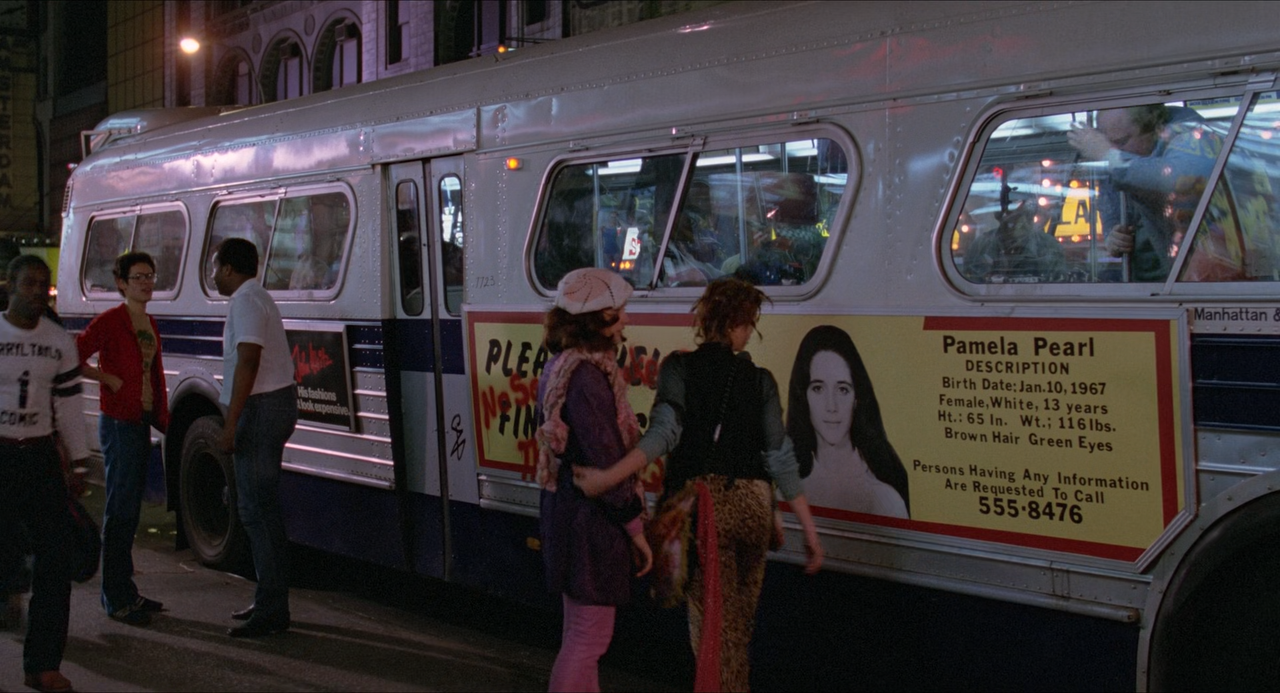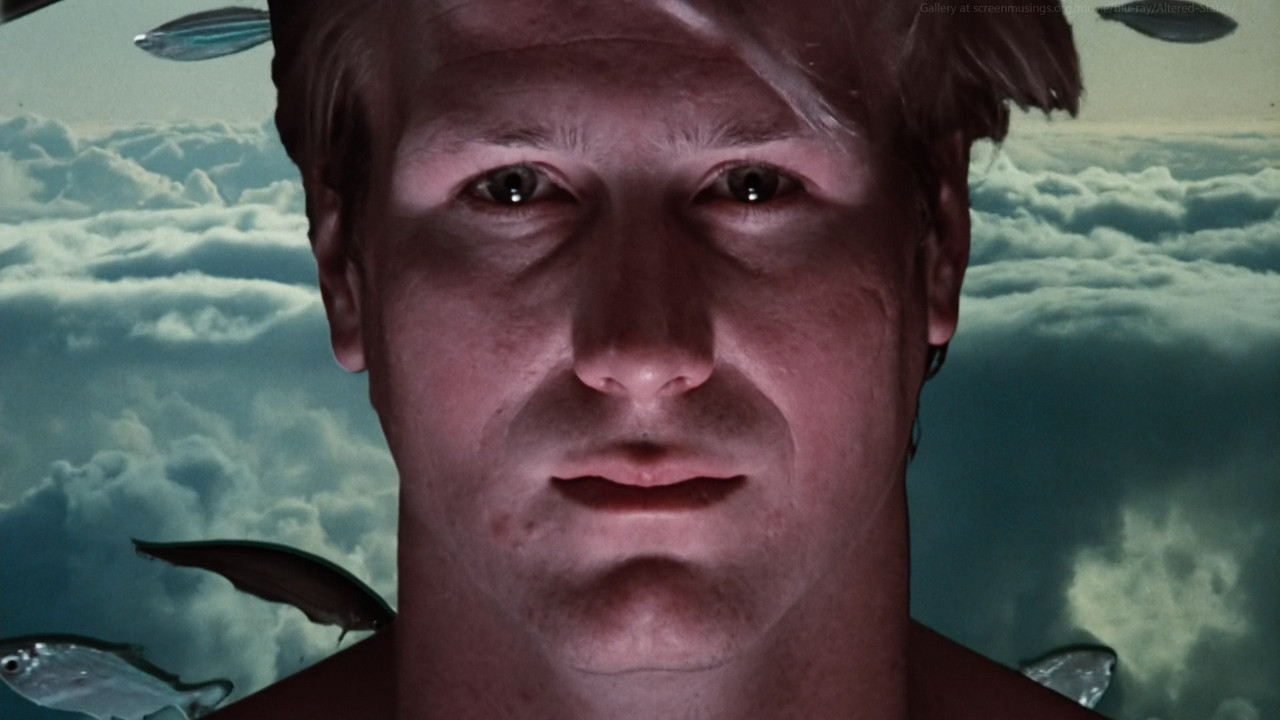“Mother, didn't you know there are children starving in Africa?”Superstar: The Karen Carpenter Story (Todd Haynes, 1987)
Feb
4

A brunette Barbie doll representing Karen Carpenter makes a statement in front of the White House. DP: Barry Ellsworth.
– “Karen Carpenter”
1980s
“I'm right here to stay,
When I'm old and gray,
I'll be right in my prime,
Living in the sunlight,
Loving in the moonlight,
Having a wonderful time!”Street of Dreams – Musical Mirror Maze [Tiny Tim's Street of Dreams] (Martin Sharp, 1988)
Jan
12
1979
.png)
Tiny dressed up as Mickey Mouse. See the complete setup as shot by photographer Robert McFarlane here. DPs: Russell Boyd, Geoff Burton, Tom Cowan, Michael Edols, David Sanderson & Simon Smith.
Oz artist and Tiny Tim aficionado Martin Sharp explores Tiny's 1979 world record singing attempt at Sydney Luna Park and the devastating Ghost Train Fire a few months later on June 9. Sadly, Sharp never managed to complete his vision. The sole reason Street of Dreams is out there as a rough VHS bootleg is thanks to Tiny's custodian spirit. “I know Mr Sharp believes in me so much — and I praise the Lord for that — and maybe he's made a cult movie which at the very least will survive as a museum piece.”, he said, insisting that Sharp would release a rough cut for the Brighton Festival.
– Tiny Tim, Livin' In The Sunlight, Lovin' In The Moonlight (God Bless Tiny Tim, 1968)
Very much like Mr Tim and a carnival ride ablaze, Street of Dreams is its own beast. Growling, off, unpolished, a blaze – ablaze – out of control. Satanic panic that for once feels truthful, cheery almost. Hallelujah, and God bless Tiny Tim!
“Yes, it's story time on WJAD in the heart of Times Square, New York, New York. The city so nice, they named it twice.”Times Square (Allan Moyle, 1980)
Jan
10
1967

A bus on Times Square with a large (expensive) ad asking people to be on the lookout for a Pamela Pearl, born January 10, 1967. DP: James A. Contner.
– Johnny LaGuardia, on the air
“I'm a man in search of his true self. How archetypically American can you get?”Altered States (Ken Russell, 1980)
Jan
7
Wed

Eddie Jessup (William Hurt) in his tank. Around him visions of clouds, fishes, the ocean. DP: Jordan Cronenweth.
– Eddie Jessup
Wojna Światów – Następne Stulecie [The War of the Worlds: Next Century] (Piotr Szulkin, 1981)
Dec
18
1999

Reporter Iron Idem (Roman Wilhelmi) bringing the news. DP: Zygmunt Samosiuk.
Kisapmata [Sa bawat kisapmata / In the Wink of an Eye] (Mike De Leon, 1981)
Dec
8
Tue

Noel (Jay Ilagan) enters Milagros' (Charo Santos-Concio) room. On a sparse green wall a calendar with an image of the Virgin Mary. The 8th, the Feast of the Immaculate Conception, is marked red as a holiday. DP: Rody Lacap.
“Just take it from me
I'm just as free as any daughter
I do what I like
Just what I like and how I love it I'm right here to stay when I'm old and gray
I'll be right in my prime
Living in the sunlight, loving in the moonlight
Having a wonderful time” Street of Dreams – Musical Mirror Maze [Tiny Tim's Street of Dreams] (Martin Sharp, 1988)
Dec
4
.png)
Tiny Tim performing in front of the Luna Park's fantastic entrance gate (via). DPs: Russell Boyd, Geoff Burton, Tom Cowan, Michael Edols, David Sanderson & Simon Smith.
A theme park*, or in this case, amusement park.
– Tiny Tim, Livin' in the Sunlight, Lovin' in the Moonlight (Al Sherman & Al Lewis, 1930), from God Bless Tiny Tim (1968)
Tiny Tim is a personal hero of mine. A decade after his mainstream TV debut, Tiny's career had taken a tumble but he still was – God bless him – Tiny Tim, and he performed a two-hour-and-seventeen-minute singing marathon at Luna Park Sydney. Just months after that, tragedy hit the park's Ghost Train ride. A fire, arson as it was determined decades later, killed seven. Fellow Tiny-aficionado and OZ artist Don Lane saw a connection between these two events and spend years cutting and editing the musical marathon, nude drunken interview and disaster footage, and Tiny wandering around a mirror maze into a narrative.
Lane passed in 2013 and, in respect of his family's wishes, Street of Dreams remains unfinished.
* the Bales 2025 Film Challenge for December has a few dateless themes. This is one of them.
“J’ai mal, mais la douleur me rassure. Son souvenir me donne du plaisir.”Noir et blanc (Claire Devers, 1986)
Dec
1
World AIDS Day
.jpg)
Dominique (Jacques Martial) and Antoine (Francis Frappat) in the treatment room (via). DPs: Daniel Desbois, Christopher Doyle, Alain Lasfargues & Jean-Paul Rosa da Costa.
World AIDS Day: conquering fear.
An uptight, white accountant in odds with himself, sees a Black masseur at a Turkish bathhouse. Antoine experiences a relieve – an atonement – through the pain, and forms a bond with the man. After an injury, Antoine must learn to come to terms with his fears. Based one Tennessee Williams' Desire and the Black Masseur (One Arm and Other Stories, 1948).
“Oh, it's you.” Mix-Up ou Meli-melo (Françoise Romand, 1986)
Nov
21
.png)
One of the daughters, here as a child, with one of their mothers. DP: Emile Navarro.
A heartfelt reunion scene*
– Margaret Wheeler, welcoming the viewers to this curious retelling of her life's events
Through an unexplained muddle, the Wheeler and the Rylatt girls were mixed up at the maternity ward. One of the mothers, Mrs Wheeler, had a hunch something was off. Her girl was suspiciously long and skinny, unlike the one that was entrusted to her. Over the years and to Mrs Rylatt's increasing chagrin, Mrs Wheeler kept in touch with that woman from the maternity ward. And was proven to be correct. This film is one breezy yet tense reunion scene. Heartwarming, awkward, and – like all that's nostalgia – slightly surreal.
* the Bales 2025 Film Challenge for November is, again, not date-based, but follows a sloppy schmaltzy all-American Thanksgiving-y narrative. Trying to make it work my way.
.jpg)